Medicine details
| Image |  |
| Name | Adnor |
| Dosage | Capsule |
| Generic Name | Doxepin |
| Classes |
Central Nervous System Agent Psychotherapeutic Agent Anxiolytic Sedative and Hypnotic |
| Diseases |
Alcoholism Depression Insomnia (Difficulty in Falling asleep) Mental Disorder |
| Company | Apex Pharmaceuticals Ltd. |
Drug Package Details
| Strength | 75 mg |
| Storage Condition | |
| Origin Country | Bangladesh |
| Commercial Pack | 28 |
| Price per pack | ৳ 196.00 |
| Cost per pack | ৳ 172.48 |
| Package unit | 4 caps strip |
| Price per unit | ৳ 7.00 |
| Cost per unit | ৳ 6.16 |
| Discount | 0 |
| Coupon | |
| Remarks |
Doxepin
Doxepin is one of a class of psychotherapeutic agents known as dibenzoxepin tricyclic compounds. The exact mechanism of action of doxepin is unknown. It is neither a stimulant of the central nervous system nor a monoamine oxidase inhibitor. The current hypothesis is that the clinical effects are due, at least in part, to influences on adrenergic activity at synapses, preventing norepinephrine deactivation by reuptake into nerve terminals.
Doxepin is indicated in-
- Depression
- Anxiety
- Alcohol withdrawal agitation
- Manic depressive disorders
- A starting daily dose of 75 mg is recommended for most patients with mild to moderate illness. Dosage can then be increased or decreased at appropriate intervals based on individual response. The recommended dose range is 75 mg/day to 150 mg/day.
- Higher doses may be required in more severely ill patients, with a subsequent gradual increase to 300 mg/day if necessary. Excessive therapeutic effect is rarely obtained by exceeding a daily dose of 300 mg.
- Lower doses may be sufficient in patients with very mild symptomatology or emotional symptoms accompanying organic disease. Some of these patients have been successfully treated with doses as low as 25–50 mg/day.
- Doxepin's total daily dosage can be given in divided or once-a-day doses. The maximum recommended dose for the once-a-day schedule is 150 mg/day. This dose can be taken before going to bed. The 150 mg capsule strength is only intended for maintenance therapy and is not recommended for treatment initiation.
Side effects reported with the use of doxepin include-
- Dry mouth
- Blurred vision
- Constipation
- Urinary retention
- Drowsiness
- Ataxia
- Convulsion
- Patients, their families, and their caregivers should be encouraged to be alert to the emergence of anxiety, agitation, panic attacks, insomnia, irritability, hostility, aggressiveness, impulsivity, akathisia (psychomotor restlessness), hypomania, mania, other unusual changes in behavior, worsening of depression, and suicidal ideation, especially early during antidepressant treatment and when the dose is adjusted up or down. Families and caregivers of patients should be advised to look for the emergence of such symptoms on a day-to-day basis, since changes may be abrupt. Such symptoms should be reported to the patient's prescriber or health professional, especially if they are severe, abrupt in onset, or were not part of the patient's presenting symptoms. Symptoms such as these may be associated with an increased risk for suicidal thinking and behavior and indicate a need for very close monitoring and possibly changes in the medication.
- Patients with major depressive disorder (MDD), both adult and pediatric, may experience worsening depression and/or the emergence of suicidal ideation and behavior (suicidality) or unusual behavioral changes, whether or not they are on antidepressant medications, and this risk may persist until significant remission occurs. Suicide is a well-known risk factor for depression and other psychiatric disorders, and these disorders are the strongest predictors of suicide.
- All patients being treated with antidepressants for any indication should be monitored appropriately and observed closely for clinical worsening, suicidality, and unusual changes in behavior, especially during the initial few months of a course of drug therapy, or at times of dose changes, either increases or decreases.
Contraindication
Contraindicated in patients hypersensitive to any component of the prepration.
None known.
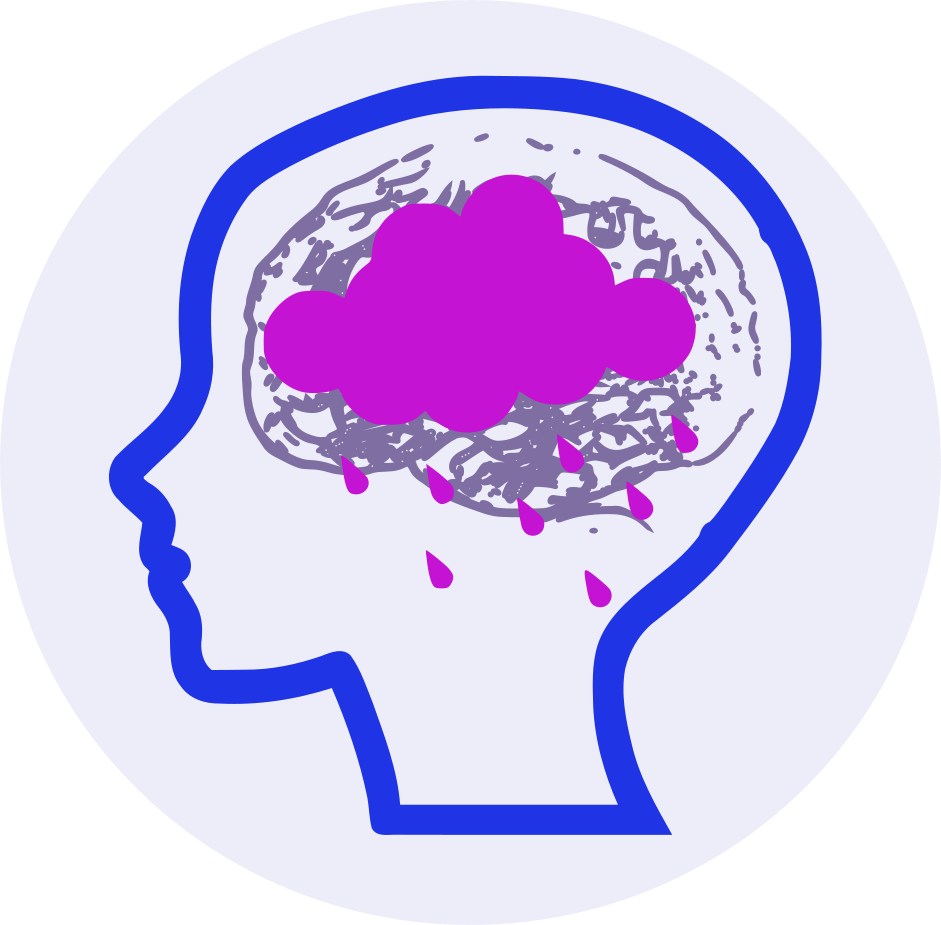
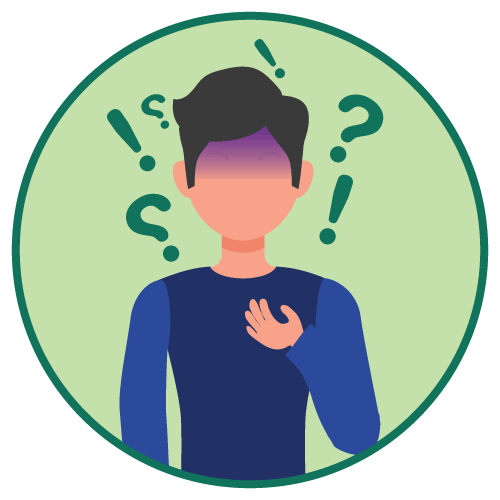
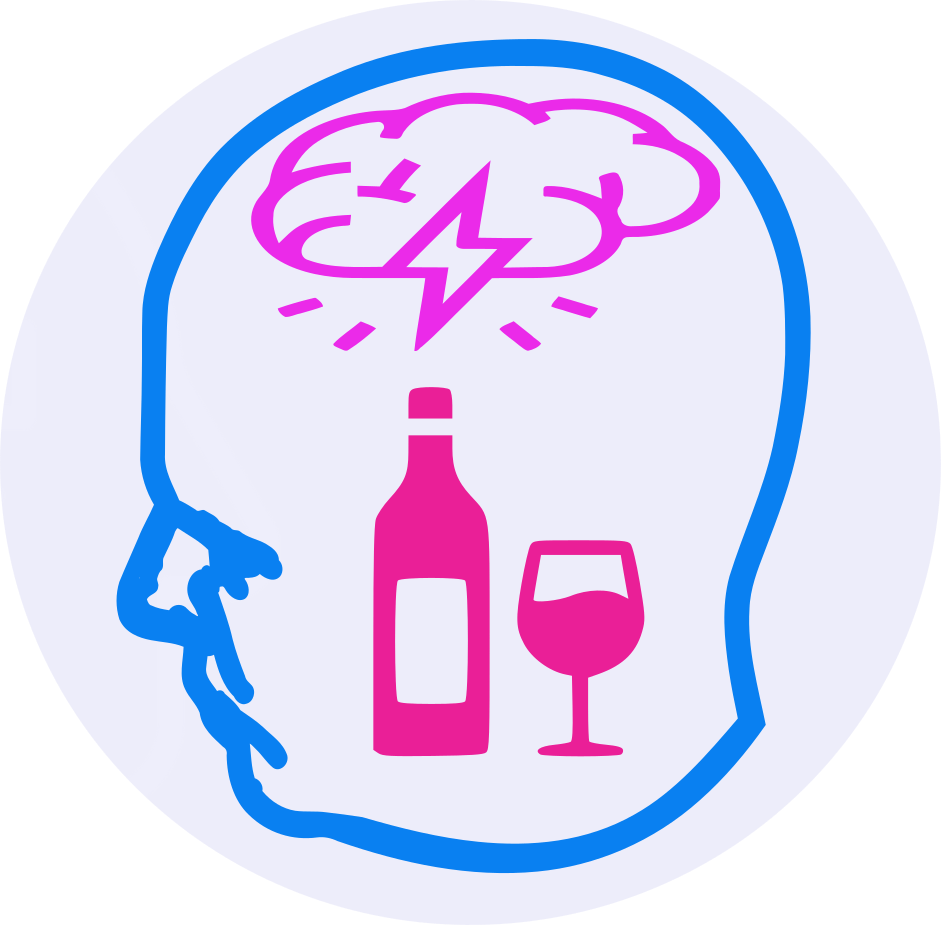


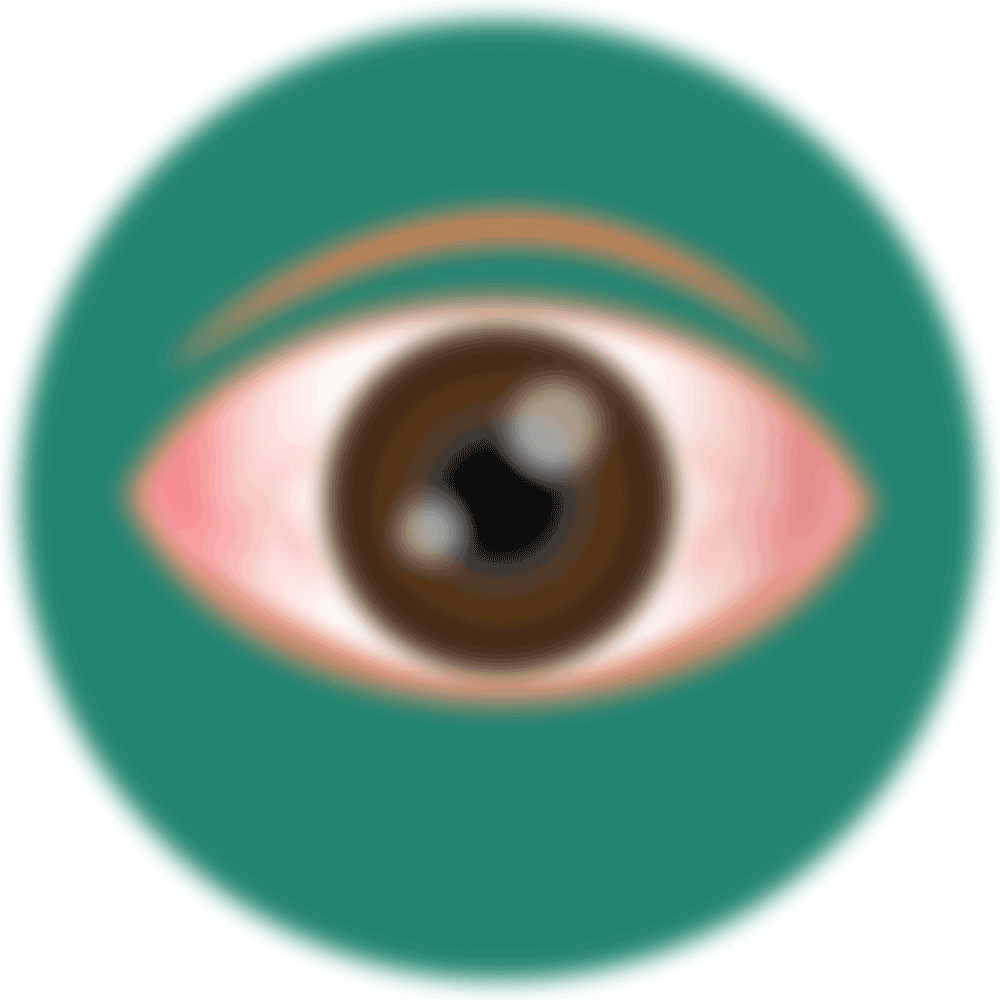
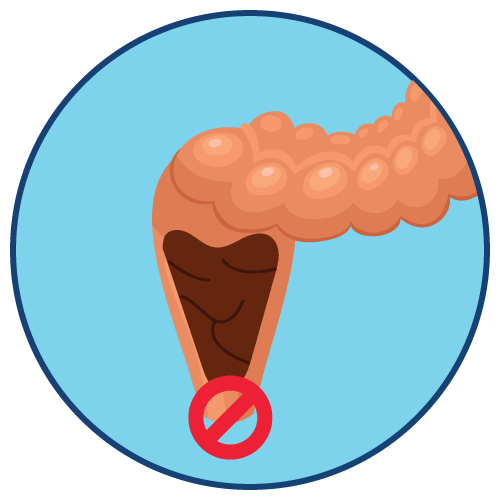
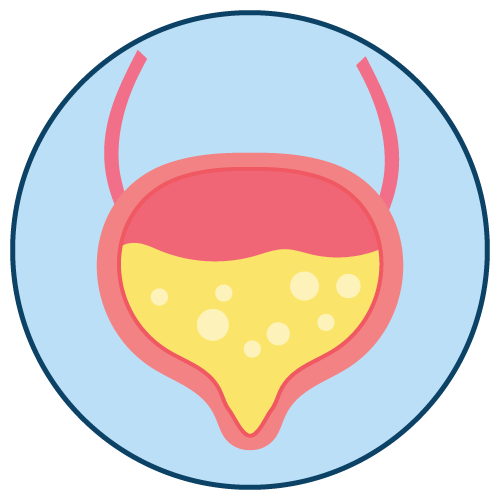
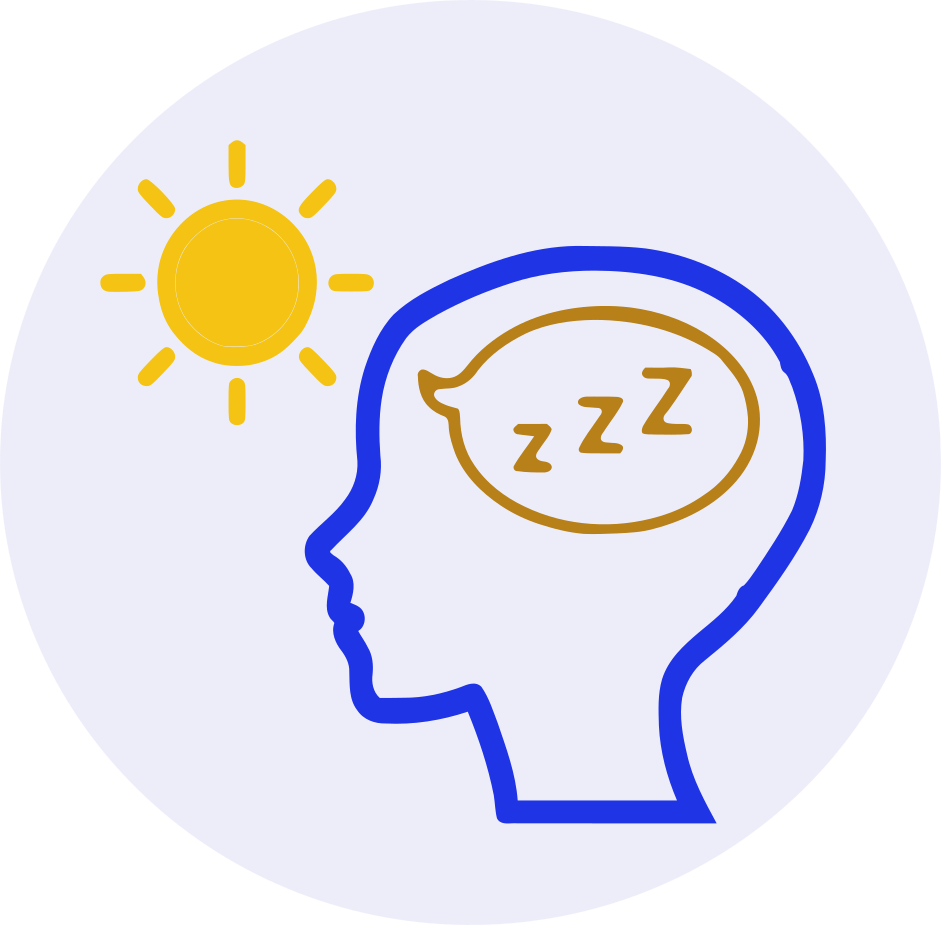
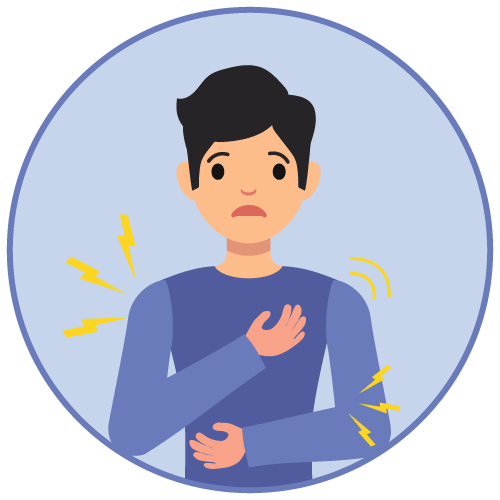
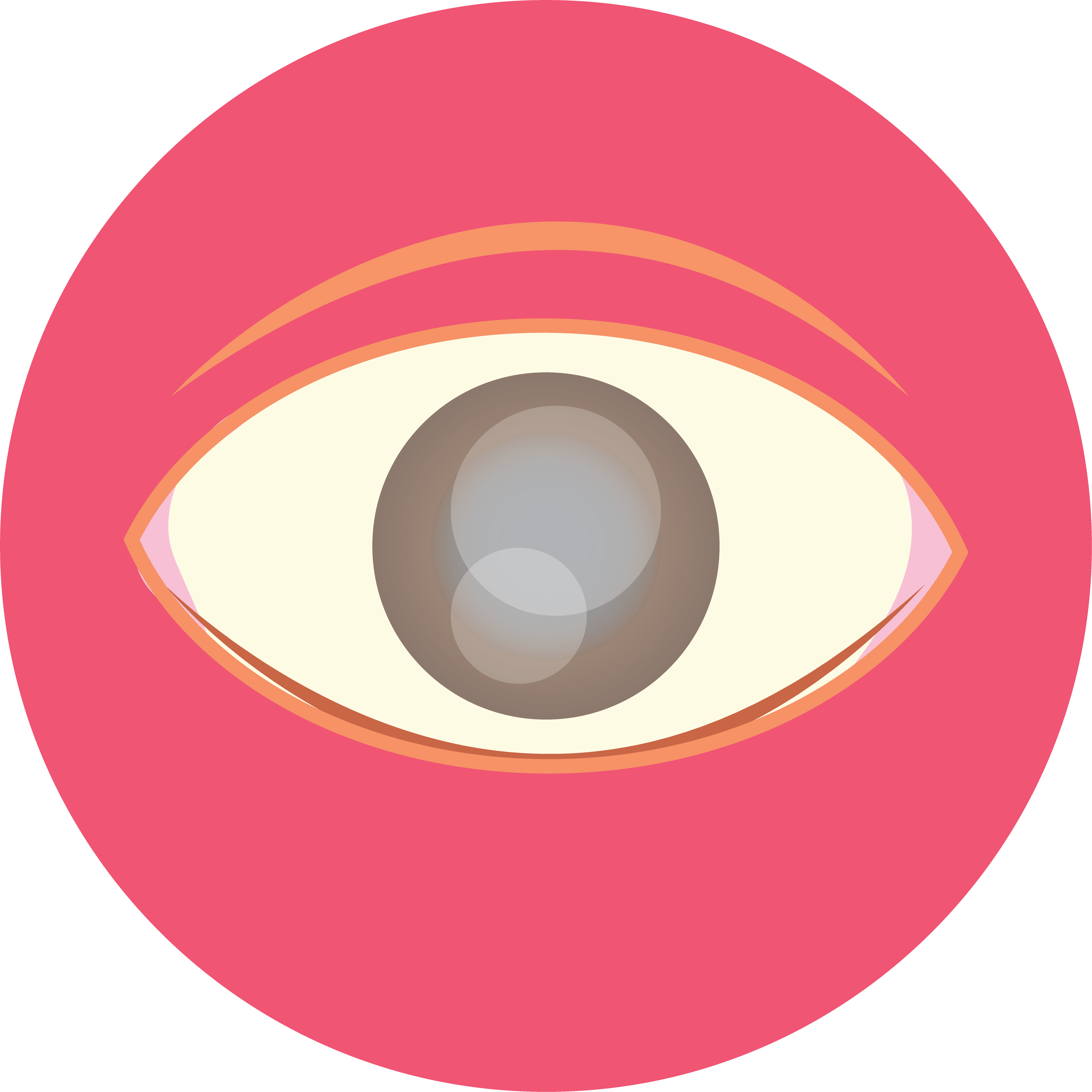
 Bangla
Bangla English
English